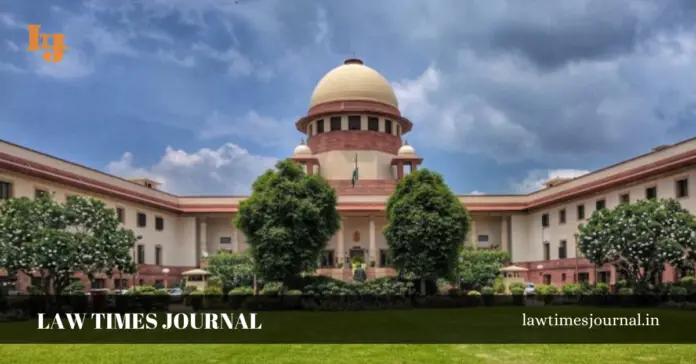
The Supreme Court bench comprising of Justices L. Nageswara Rao, HemantGupta and Ajay Rastogi observed in the case of C. BRIGHT V. THE DISTRICT COLLECTOR [CIVIL APPEAL NO. 3441 OF 2020] that Interim orders defeat the very purpose of expeditious recovery of public money and due to that High Court must be careful while granting stay in such matters.
The observations were made by SC while upholding a Kerala High Court judgment that mandates the District Magistrate to deliver possession of a secured asset within 30 days which can be extended to 60 days with reasons recorded therein in writing in accordance with section 14 of the Act.
The remedy of an aggrieved person by a secured creditor under the Act is by way of an application before the Debts Recovery Tribunal, however, borrowers and other aggrieved persons are invoking the jurisdiction of the High Court under Articles 226 or 227 of the Constitution of India without availing the alternative statutory remedy, the court observed.
The bench said that:
The Hon’ble High Courts are well aware of the limitations in exercising their jurisdiction when affective alternative remedies are available, but a word of caution would be still necessary for the High Courts that interim orders should generally not be passed without hearing the secured creditor as interim orders defeat the very purpose of expeditious recovery of public money.”
The court also referred to some of the leading cases of time like: Satyawati TandonV. Union Bank of India (2010) 8 SCC 110, State Bank of Travancore and Anr. V. Mathew K.C., (2018) 3 SCC 85
SARFAESI Act-








